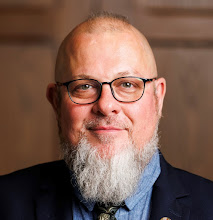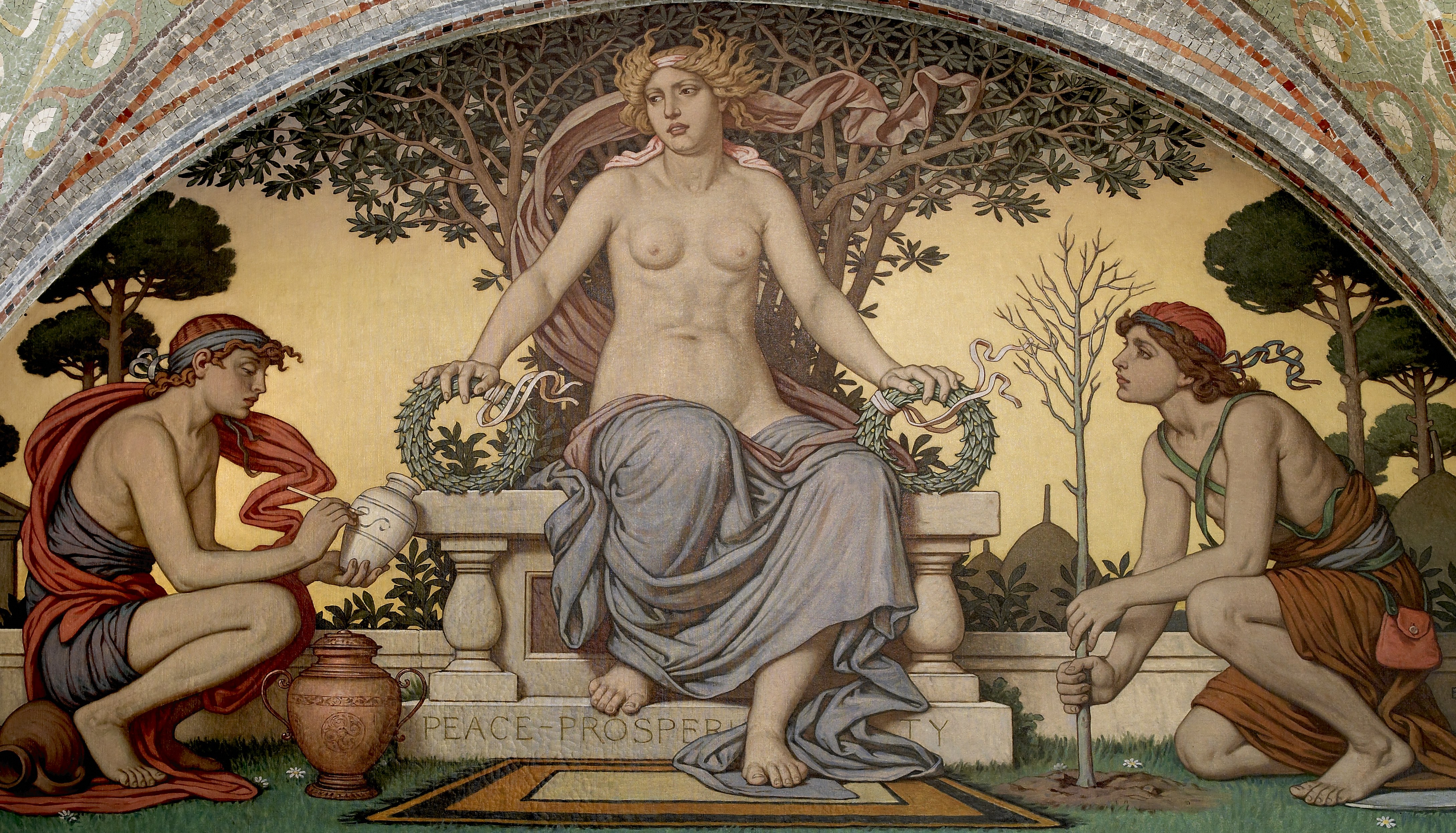 The Cossacks and Hadji Murat by Leo Tolstoy
The Cossacks and Hadji Murat by Leo TolstoyMy rating: 5 of 5 stars
One can only imagine how good Tolstoy is in the original Russian. In Cossacks I found a story that resonates with the short-lived camaraderie of living in close proximity that peters out and then vanishes with distance, and becomes a barely-recalled memory over time. Yet, at its zenith, the relationships are admirable and true. Hagan, in a journal article about the novel, suggests that Tolstoy is writing about ambivalence. While this may be true it is hard not to actually feel Tolstoy's work. This was nowhere more so than in Hadji Murat. The novella leaves one feeling the horror, the banality, the honour, the futility of war, but also its raw carnality. Not endlessly, but in a conclusion that takes one from the present to the past and back to the present again, leaving one "ambivalent" about the future. Tolstoy was so clever he seems to be far beyond my understanding, now or ever. That this is merely a translation boggles the mind.
View all my reviews
References
Hagan, J. (1969). Ambivalence in Tolstoy's "The Cossacks". NOVEL: A Forum on Fiction, Vol. 3, No. 1 (Autumn, 1969), pp. 28-47.
Remnick, D. (2005). The Translation Wars: How the race to translate Tolstoy and Dostoyevsky continues to spark feuds, end friendships, and create small fortunes. The New Yorker, 7 November.
 Donate
Donate

































 The Political Flâneur: A Different Point of View
The Political Flâneur: A Different Point of View